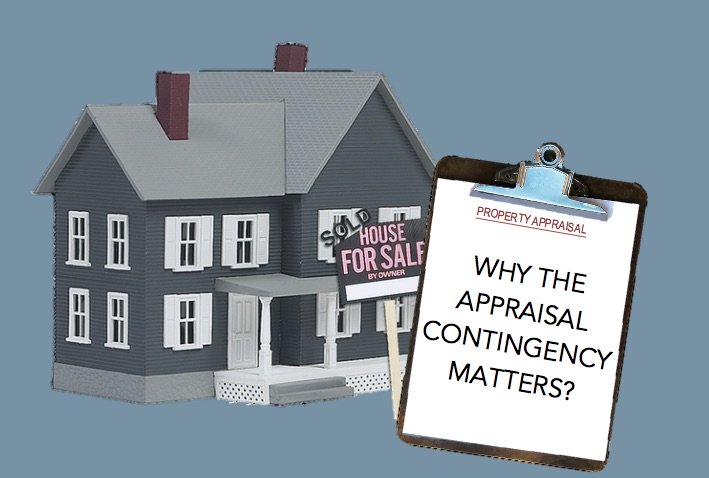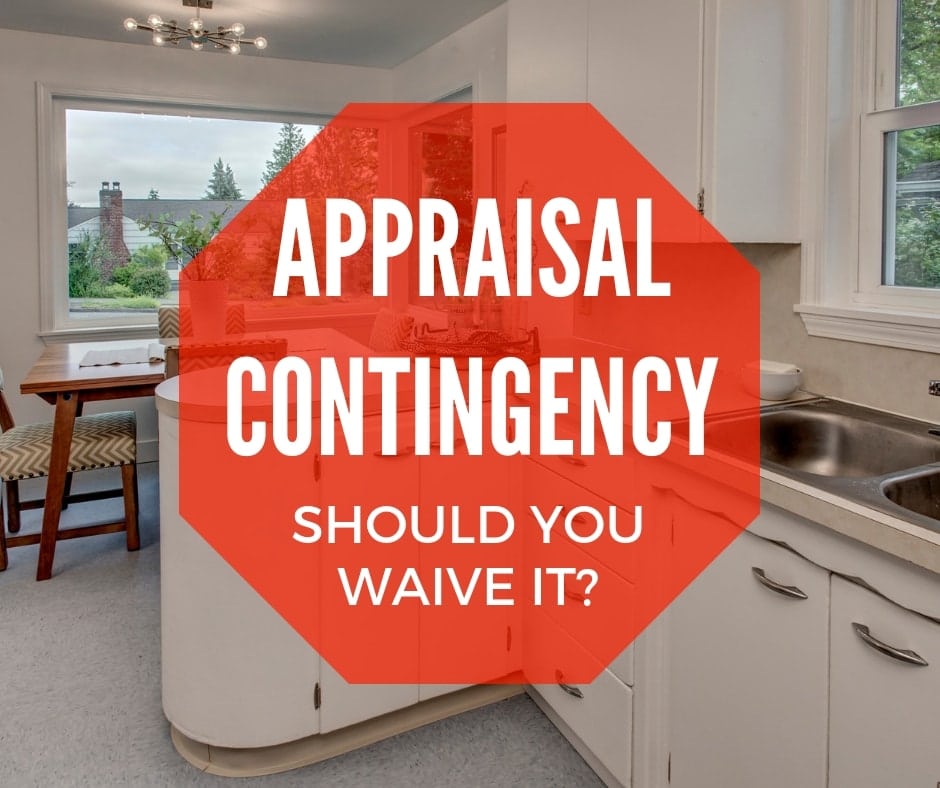

Updated on October 25, 2023
A few years ago, Schorr Law’s real estate attorney in Los Angeles Zachary Schorr was quoted in an article entitled “An Appraising Eye”, which was included in a new home buyer’s guide.
Understanding the appraisal contingency clause is vital for both buyers and sellers, as it can impact the financing and negotiation aspects of a real estate transaction.
Join us as we delve into the intricacies of this essential clause and its implications on home purchases.
We now would like to focus on why the appraisal contingency matters. An appraisal contingency is a condition in a typical real estate contract that allows the potential buyer of the property to back out of the transaction if the property does not appraise at the purchase price.
For example, consider the following scenario:

The lender will typically order an appraisal to determine if the property is really worth the amount that the buyer agreed to pay for it. Typically, the appraiser will even get a copy of the purchaappraisal contingencyse and sale agreement.
But, what happens if the property appraises at $900,000? If that were to occur, then the lender would only be willing to lend the buyer $720,000, instead of the $800,000 that the buyer had originally planned on borrowing from the lender. In this scenario, the buyer would have to either come up with the additional $80,000 and now put down $280,000 or back out of the deal. This is why the appraisal contingency is important, it allows the buyer an out if the property does not appraise at or above the agreed upon purchase price.
This clause allows home buyers to back out of their contract if a home is appraised for less than the purchase price included in the contract.
Of course, if the property does not appraise at or above the purchase price the borrower could try to renegotiate the deal (get the purchase price lowered) if the seller is willing to lower the purchase price to accommodate the low appraisal.
For help with your purchase and sale transaction, please do not hesitate to contact us. At Schorr Law, we frequently advise buyers and sellers (even when they have real estate agents) on the terms of their deal and help them navigate escrow.
Check out our related practice area – Real Estate Sale & Purchase Dispute